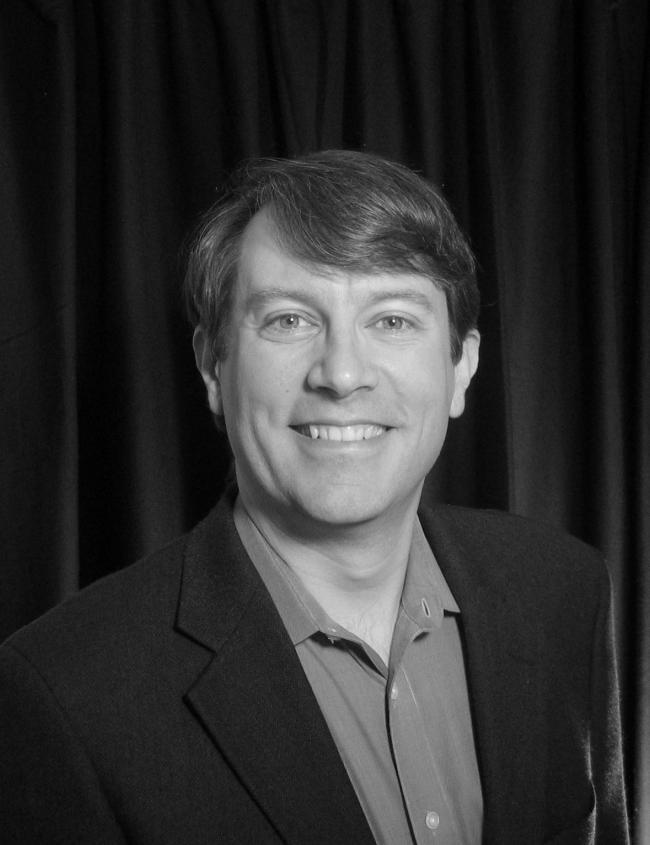Miller runs for council as 'voice for small business'
David Miller, business executive of 17 years and past Maple Leaf Neighborhood Council president, believes his experience and crediblity will put him above his opposing candidates for city council Position 8.
Wed, 03/18/2009
David Miller, business executive of 17 years, is running for Seattle City Council Position 8 to bring a voice to the city government for small businesses in urban villages who are being hit in these hard economic times, he said at a community meeting Wednesday morning.
At the Crown Hill Business Association meeting, Miller said he was not only a business man, but also has experience working with the community as past president of the Maple Leaf Neighborhood Council.
Miller also served on the council citizen’s advisory committee that helped put the most recently passed parks levy package together.
He said he sees these experiences as putting him above the three other candidates running for Position 8.
Robert Rosencrantz, Jordan Royer and Rusty Williams are also running for the seat.
“I’m running for Position 8, which is the position that council member Richard McIver is retiring from,” Miller said. “Across all the 16 people who are running for council this year, but particularly those running for (this seat), I’m the only one who’s a business man, has got credibility environmentally and experience in the environmental community and I think that that group of experience, and credibility will be important as the city moves forward in the next four years.”
Miller said he hopes that by serving on the city council he will have the opportunity to strengthen neighborhoods and help Seattle grow responsibly.
He said what helped him decide to run for council were the plans to rewrite Seattle’s Comprehensive Plan from its 2010 to a 2040 target.
Miller said the plan would create a vision for the city for the next 30 years and that it is critical that the city has somebody with business, environmental and neighborhood experience to be on the council during that process.
First on his agenda, Miller hopes to strengthen the city’s neighborhoods. In doing so he said he would like to structure an association of neighborhood groups to come up with a pool of volunteers with various expertises.
The pool would help neighborhoods make city decisions among their own residents.
“What I want to do is put together this pool across the city of a wide variety of skills and give them training so they understand how the city process works,” Miller said.
Helping Seattle "grow responsibly" is another of his goals as a council member,
“We have no program to help small businesses in any meaningful level, you go to any neighborhood business district and by and large they are made up of small buildings but the major characteristic is that they’re affordable,” he said.
Miller said there are no ways of giving incentives to developers or any programs to keep those businesses in the neighborhoods.
“Nothing is wrong with change but there are enough chains and you don’t get the kinds of things that allow people to enjoy the neighborhood,” he said. "There’s the green part and the small business side. Small businesses pay 60 percent of the taxes in the city but they don’t get 60 percent of duties back and end up being last on the list.”
Miller said he would not let this happen when he is on the city council.
“I’m a small business person I understand it, I help people create small businesses," he said.
Miller said that the city should also prioritize services for people in need.
“We need to make sure we take care and keep Seattle affordable for the senior population, make sure we have things for our younger population to keep out of trouble and also take care of the folks who cannot take care of themselves,” Miller said. “It’s a huge problem not dealt with very well."
Lastly, Miller would like to take the city’s plan back to the basics.
“As simple as they are let’s make sure we’ve actually thought of how we’ve modeled the streets and apply an operational logic as well as respecting people’s tax dollars,” he said. “We need to do a better job of getting the basics done.”
The primary election is August 18.


